Adult ADHD Women
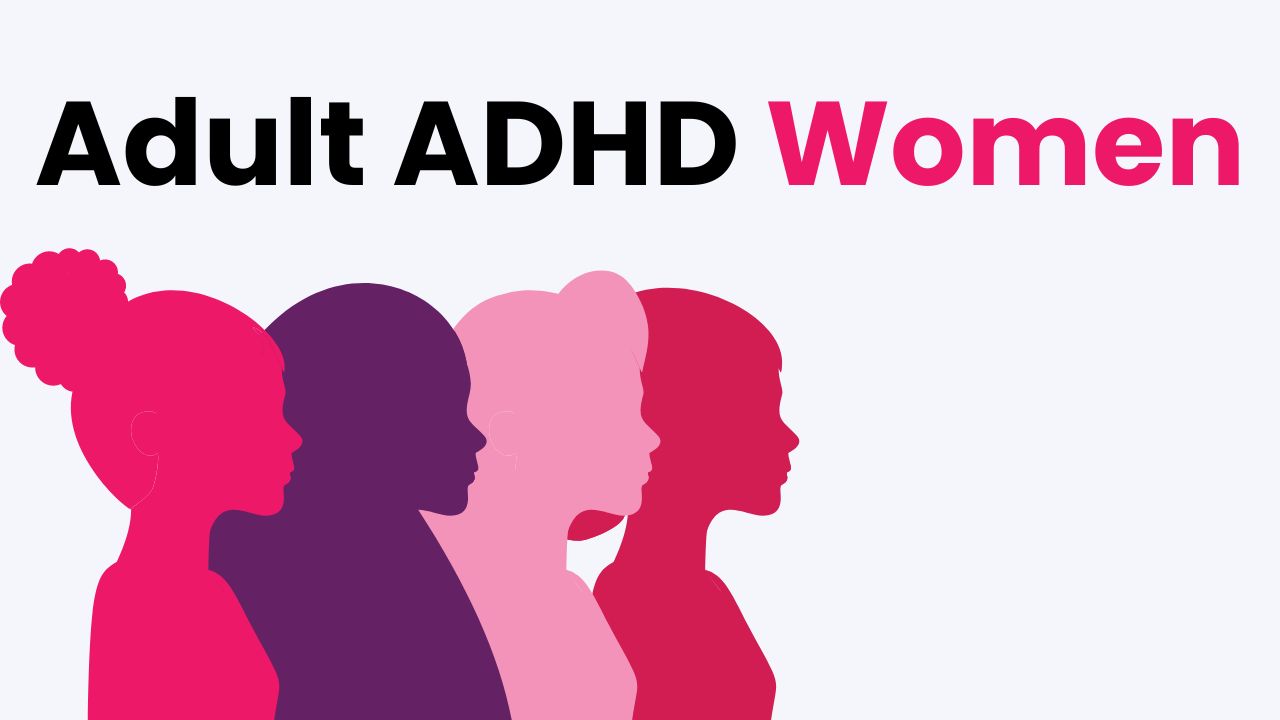
Attention Deficit Hyperactivity Disorder (ADHD) is a neurodevelopmental condition that has long been misunderstood and underdiagnosed, particularly in adult women. Despite the common misconception that ADHD is primarily a childhood disorder, research indicates that a significant number of women continue to experience symptoms well into adulthood. In fact, according to a study published in the Journal of Attention Disorders, approximately 4.4% of adult women in the United States meet the criteria for ADHD diagnosis (Kessler et al., 2006).
However, due to the unique challenges faced by women with ADHD, their condition often goes unrecognized or misinterpreted, leading to a profound impact on their personal and professional lives. In this comprehensive guide, we will delve into the intricacies of ADHD in adult women, its symptoms, interference with daily functioning, and effective natural treatment options.
What Is ADHD in Women?
ADHD is a neurological condition characterized by persistent patterns of inattention, hyperactivity, and impulsivity. While these symptoms are often recognized in childhood, they can manifest differently in adult women. Women with ADHD may struggle with disorganization, forgetfulness, difficulty multitasking, and emotional dysregulation, which can significantly impact their daily lives. According to a study published in the Journal of Clinical Psychology, women with ADHD often experience higher levels of inattention and emotional dysregulation compared to their male counterparts (Rucklidge & Kaplan, 1997).
Natural Mood Stabilizer for Regulating Emotions
One of the most significant challenges faced by adult women with ADHD is emotional dysregulation. The constant struggle to manage emotions can lead to mood swings, irritability, and impulsive behavior, which can strain personal and professional relationships. However, there are natural supplements that can help regulate emotions and provide a sense of calm and focus. One such supplement is SNAP Brain Formula, a proprietary blend of natural ingredients developed by Snap Always, a leading brand in the health and wellness industry.
SNAP Brain Formula - Brain Supplements That Work!
SNAP Brain Formula is a revolutionary brain supplement designed to address the unique needs of individuals with ADHD, including adult women. Developed by a team of experts at Snap Always, this formula combines a potent blend of natural ingredients that have been scientifically proven to enhance cognitive function, improve focus, and promote emotional balance.
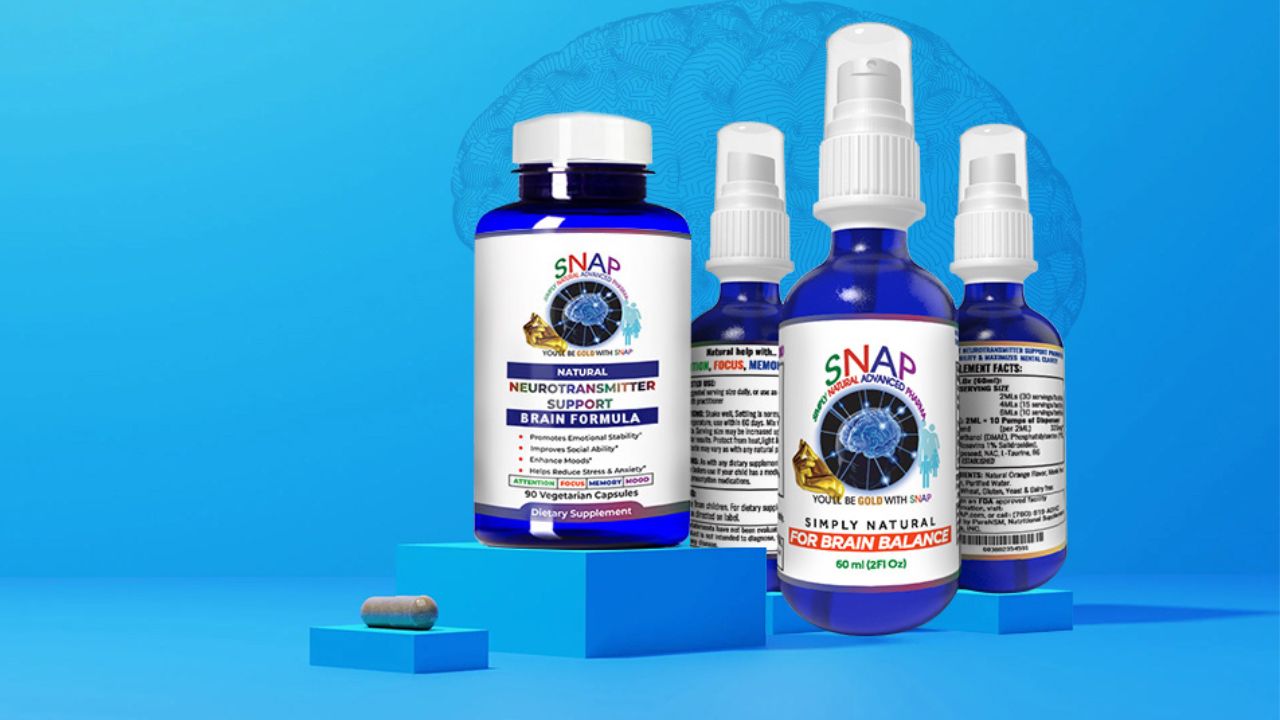
The key ingredients in SNAP Brain Formula include:
- L-theanine: An amino acid found in green tea, L-theanine has been shown to promote relaxation and improve attention without causing drowsiness (Higashiyama et al., 2011).
- Bacopa monnieri: This ancient Ayurvedic herb has been used for centuries to enhance cognitive function and improve memory and focus (Stough et al., 2008).
- Rhodiola rosea: Known as an adaptogenic herb, rhodiola rosea has been found to reduce stress and fatigue while improving cognitive performance (Darbinyan et al., 2000).
- Omega-3 fatty acids: Found in fish oil and certain plant sources, omega-3s have been linked to improved focus, attention, and cognitive function (Benton et al., 2001).
- Zinc: This essential mineral plays a vital role in neurotransmitter function and has been associated with improved attention and impulse control (Arnold et al., 2005).
By combining these powerful natural ingredients, SNAP Brain Formula offers a safe and effective solution for adults with ADHD, including women, to support cognitive performance, improve focus, and promote emotional balance.
Understanding ADHD in Women: Symptoms and Interference with Daily Life
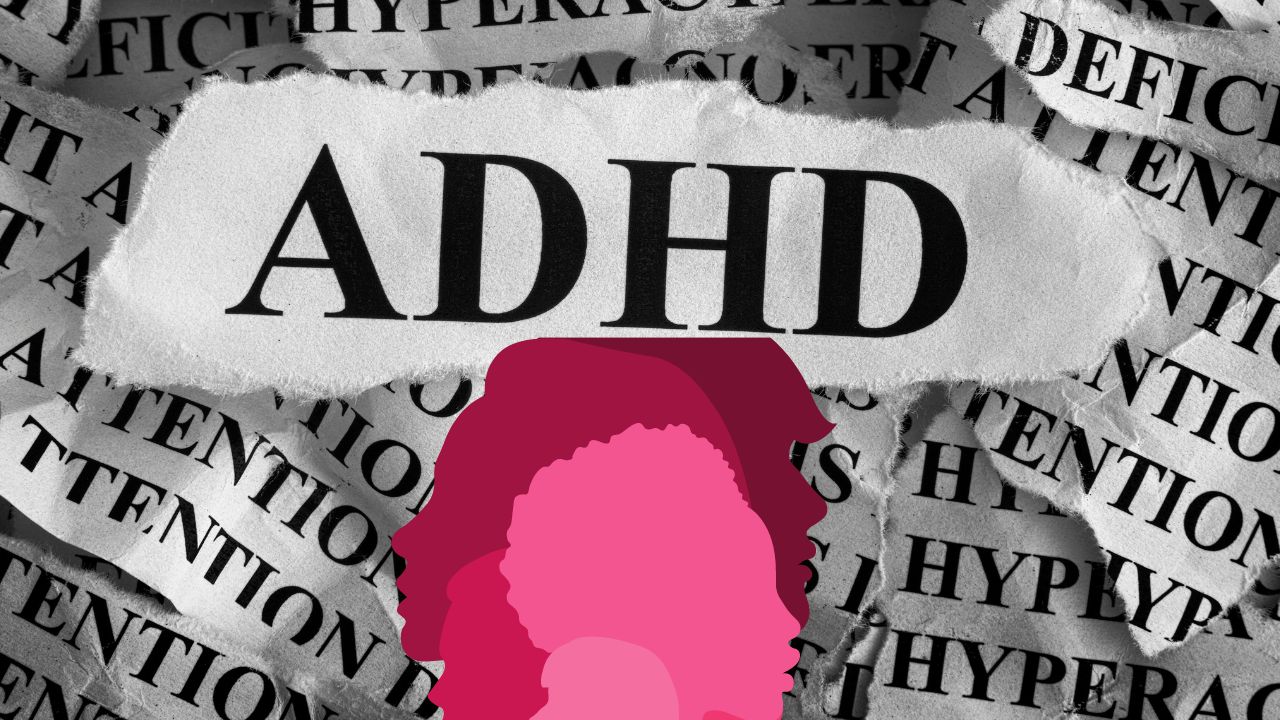
ADHD in adult women can manifest in various ways, often presenting differently than in childhood or in men with the condition. Common symptoms include:
- Inattention: Women with ADHD may find it challenging to sustain focus, frequently becoming distracted or losing track of conversations, tasks, or important details. This can lead to difficulties in completing projects, meeting deadlines, and following through on commitments.
- Disorganization: Keeping schedules, managing deadlines, and maintaining organized living and work spaces can be overwhelming for women with ADHD. This can result in a cluttered environment, missed appointments, and a general sense of chaos.
- Forgetfulness: Forgetting important appointments, deadlines, or even daily tasks is a common struggle for those with ADHD. This can have significant consequences, such as missed meetings, late bill payments, or forgetting important personal or professional obligations.
- Emotional dysregulation: Women with ADHD may experience frequent mood swings, irritability, and difficulty regulating their emotions. This emotional volatility can strain personal and professional relationships, leading to misunderstandings and conflicts.
- Impulsivity: Acting without considering the consequences, interrupting others, or making impulsive decisions can be a hallmark of ADHD in adult women. This can result in impulsive spending, impulsive behavior, or impulsive speech, which can negatively impact various areas of life.
These symptoms can significantly interfere with daily life, making it challenging to manage work, family, and social responsibilities effectively. Women with ADHD may struggle with time management, prioritization, and self-organization, leading to increased stress, anxiety, and a sense of overwhelm.
According to a study published in the Journal of Attention Disorders, adult women with ADHD reported significantly higher levels of functional impairment across multiple domains, including work, social relationships, and daily life activities, compared to women without ADHD (Robison et al., 2008).
Neurotransmitters and ADHD
ADHD is closely linked to imbalances in neurotransmitters, the chemical messengers in the brain that regulate various cognitive functions. Dopamine and norepinephrine are two neurotransmitters that play crucial roles in attention, focus, and impulse control.
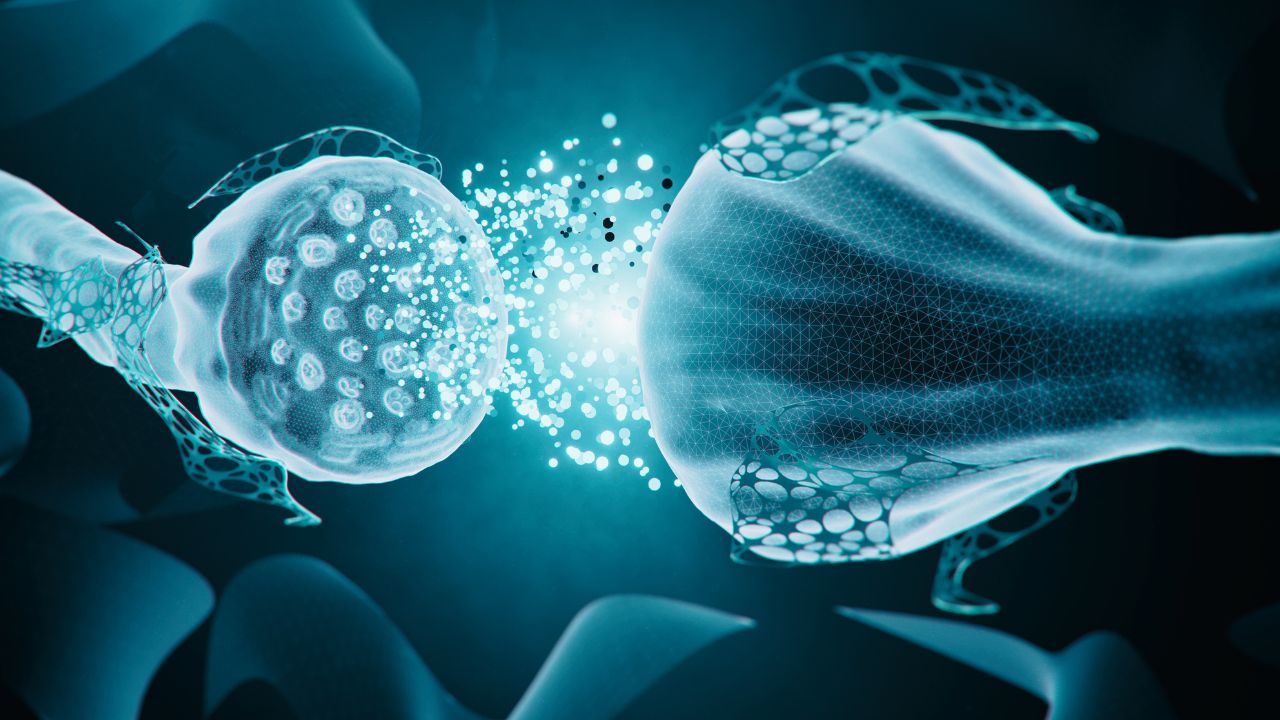
Individuals with ADHD often have lower levels or dysregulation of these neurotransmitters, leading to the characteristic symptoms of the condition. Research has shown that individuals with ADHD may have up to 70% less dopamine activity in the brain compared to those without the condition (Volkow et al., 2007).
The Importance of Treatment
Untreated ADHD in adult women can have far-reaching consequences, affecting every aspect of their lives. Without proper management, women with ADHD may experience:

- Academic or professional underachievement: Difficulties with focus, organization, and time management can hinder academic and career success, leading to underachievement and unfulfilled potential.
- Strained personal relationships: Emotional dysregulation, impulsivity, and difficulty with communication can put a strain on personal relationships, leading to conflicts, misunderstandings, and even relationship breakdowns.
- Low self-esteem and decreased quality of life: The constant struggle with ADHD symptoms can take a toll on self-esteem and overall well-being, leading to increased feelings of frustration, anxiety, and depression.
- Increased risk of developing comorbid conditions: Women with untreated ADHD are at a higher risk of developing comorbid conditions such as anxiety disorders, depression, or substance abuse disorders as a way to cope with their symptoms.
Seeking appropriate treatment is essential for managing ADHD symptoms and improving overall well-being. According to a study published in the Journal of Clinical Psychiatry, appropriate treatment for ADHD in adults can lead to significant improvements in daily functioning, productivity, and quality of life (Kooij et al., 2005).
Natural Supplements for ADHD in Women
While traditional medication, such as stimulants, is often prescribed for ADHD, many women seek natural alternatives to manage their symptoms. Natural supplements can offer a safe and effective option, particularly for those concerned about the potential side effects of stimulant medications or those looking for a complementary approach to traditional treatment.
Some popular natural supplements for ADHD include:
- Omega-3 fatty acids: Found in fish oil and certain plant sources like flaxseeds and walnuts, omega-3 fatty acids have been shown to improve focus, attention, and cognitive function. A study published in the Journal of Attention Disorders found that supplementation with omega-3 fatty acids improved symptoms of inattention, impulsivity, and hyperactivity in children with ADHD (Bloch & Qawasmi, 2011).
- Zinc: This essential mineral plays a vital role in neurotransmitter function and has been linked to improved attention and impulse control. Research suggests that individuals with ADHD may have lower levels of zinc, and supplementation can help alleviate symptoms (Arnold et al., 2005).
- Ginkgo biloba: This ancient herb has been used for centuries to enhance cognitive function and improve focus and concentration. While the research on ginkgo biloba for ADHD is limited, some studies suggest that it may help improve attention and cognitive performance (Salehi et al., 2010).
- L-theanine: An amino acid found in green tea, L-theanine has been shown to promote relaxation and improve attention without causing drowsiness. A study published in the Journal of Functional Foods found that L-theanine supplementation improved attention and reaction time in individuals with mild cognitive impairment (Dietz et al., 2017).
- SNAP Brain Formula: As mentioned earlier, this proprietary blend of natural ingredients, including L-theanine, bacopa monnieri, rhodiola rosea, omega-3 fatty acids, and zinc, is designed to support cognitive function, improve focus, and promote emotional balance for individuals with ADHD, including adult women.

It's important to note that while natural supplements can be beneficial, they should be used under the guidance of a qualified healthcare professional, as some may interact with medications or have potential side effects. Additionally, it's crucial to understand that natural supplements are not a substitute for professional treatment and should be used as a complementary approach alongside other therapies.
Natural Treatment for ADHD in Women
In addition to natural supplements, there are other natural treatments that can help manage ADHD symptoms in adult women:

- Exercise: Regular physical activity has been shown to improve focus, concentration, and mood regulation in individuals with ADHD. Exercise increases blood flow and oxygen to the brain, enhancing cognitive function and reducing symptoms of inattention and hyperactivity (Grassmann et al., 2017).
- Mindfulness and meditation: Practices like mindfulness and meditation can help reduce stress, improve emotional regulation, and enhance overall well-being for women with ADHD. A study published in the Journal of Attention Disorders found that mindfulness-based interventions improved attention and decreased symptoms of hyperactivity and impulsivity in adults with ADHD (Bachmann et al., 2016).
- Cognitive-behavioral therapy (CBT): CBT can help women with ADHD develop coping strategies, improve time management skills, and address negative thought patterns that may exacerbate their symptoms. CBT has been shown to be an effective complementary treatment for ADHD, helping individuals manage their symptoms and improve overall functioning (Safren et al., 2010).
- Dietary changes: Adopting a balanced diet rich in whole foods, including fruits, vegetables, lean proteins, and healthy fats, can support brain health and improve overall well-being. Limiting processed foods, sugar, and artificial additives may also help reduce symptoms of hyperactivity and inattention (Millichap & Yee, 2012).
- Stress management: Implementing stress-reduction techniques, such as deep breathing exercises, yoga, or journaling, can help women with ADHD better manage their emotions and reduce anxiety. Chronic stress can exacerbate ADHD symptoms, making it essential to incorporate stress management practices into daily life (Hirvikoski et al., 2011).
It's important to note that while these natural treatments can be effective in managing ADHD symptoms, they may work best when used in combination with other therapies, such as cognitive-behavioral therapy or medication, when necessary. A comprehensive and individualized approach is often the most effective way to manage ADHD in adult women.
Conclusion
ADHD in adult women is a complex and often misunderstood condition that can significantly impact daily life. However, with proper understanding, support, and effective natural treatment options, women with ADHD can manage their symptoms and thrive. By incorporating natural supplements like SNAP Brain Formula, along with lifestyle changes such as exercise, mindfulness practices, and cognitive-behavioral therapy, women can experience improved focus, emotional regulation, and overall well-being.
It's essential to seek guidance from qualified healthcare professionals and explore the various natural treatment options available to find the right combination that works best for individual needs. With the right support and commitment, adult women with ADHD can unlock their full potential and live fulfilling, productive lives, free from the debilitating effects of untreated ADHD.
Remember, ADHD is not a personal flaw or a weakness; it is a neurological condition that requires proper management and support. By embracing a holistic approach that combines natural treatments, professional guidance, and self-care practices, adult women with ADHD can cultivate a life of balance, focus, and emotional well-being.
Take Charge of
Your Brain Health Today!
Shop Now!
Similar Articles:
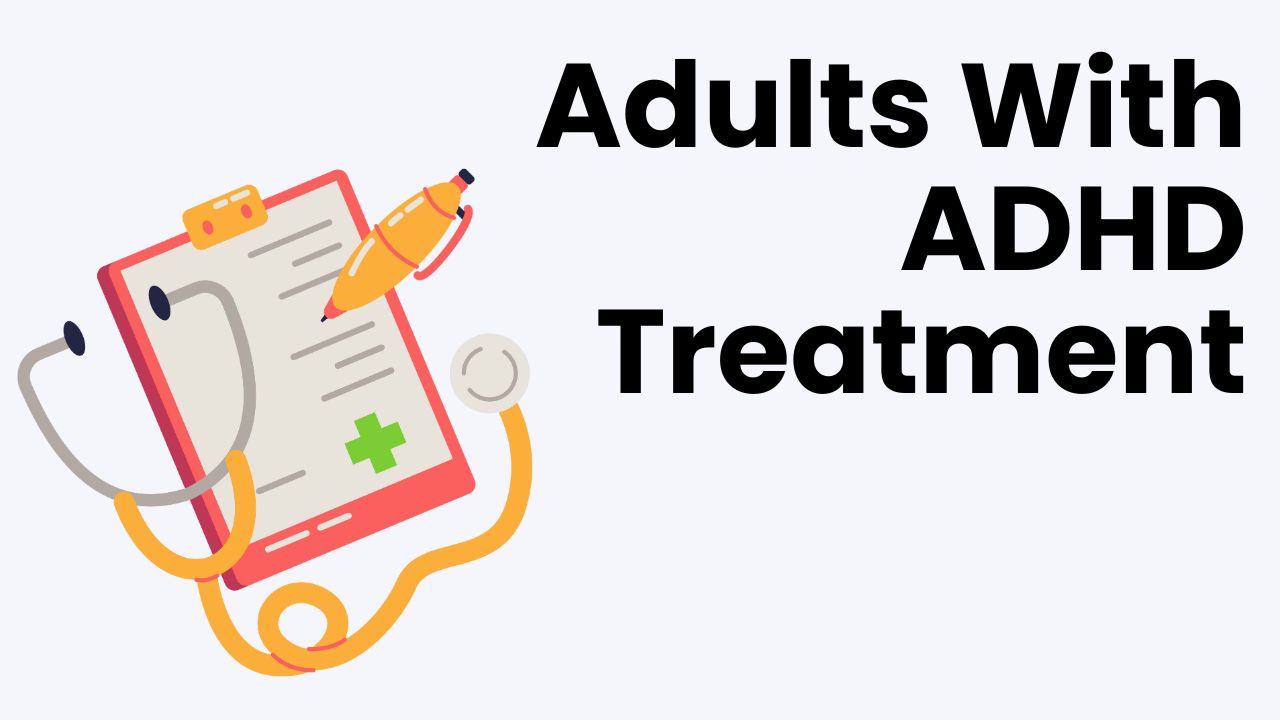
Adults with ADHD Treatment
Attention Deficit Hyperactivity Disorder (ADHD) is a neurological condition that has long been associated...
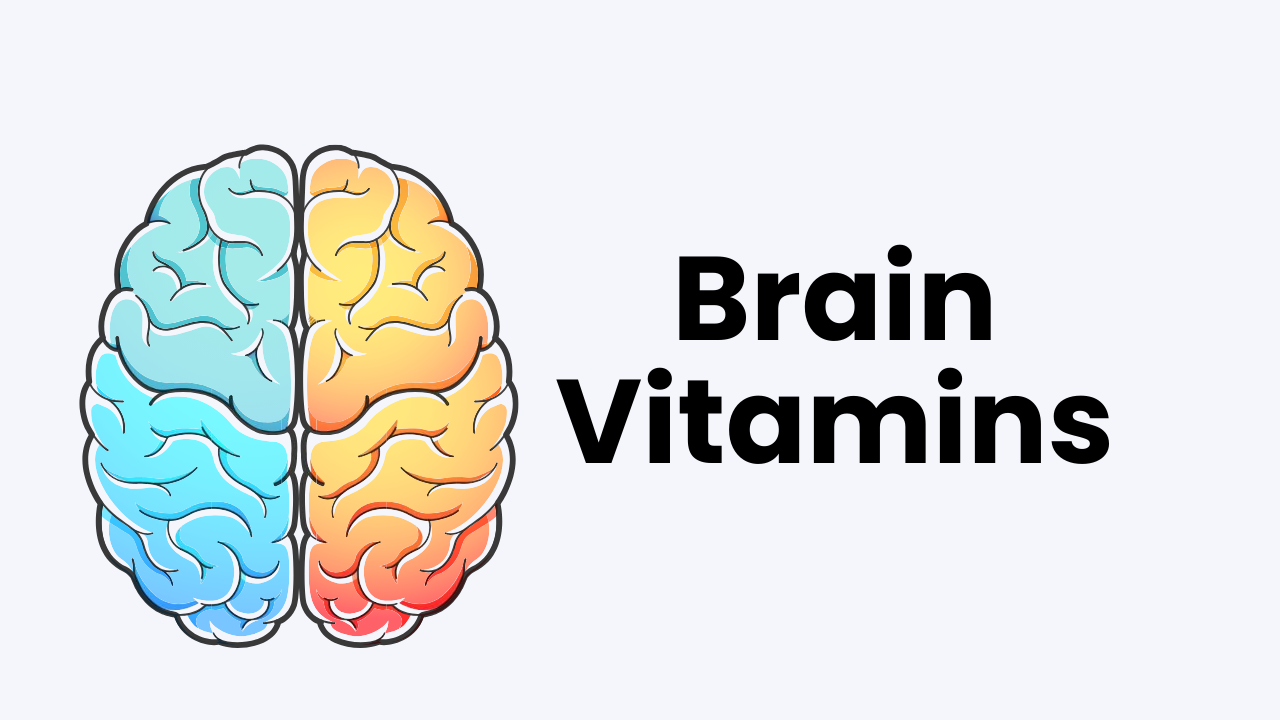
Brain Vitamins
We explore the world of brain vitamins - what they are, why they are important, the benefits they provide...
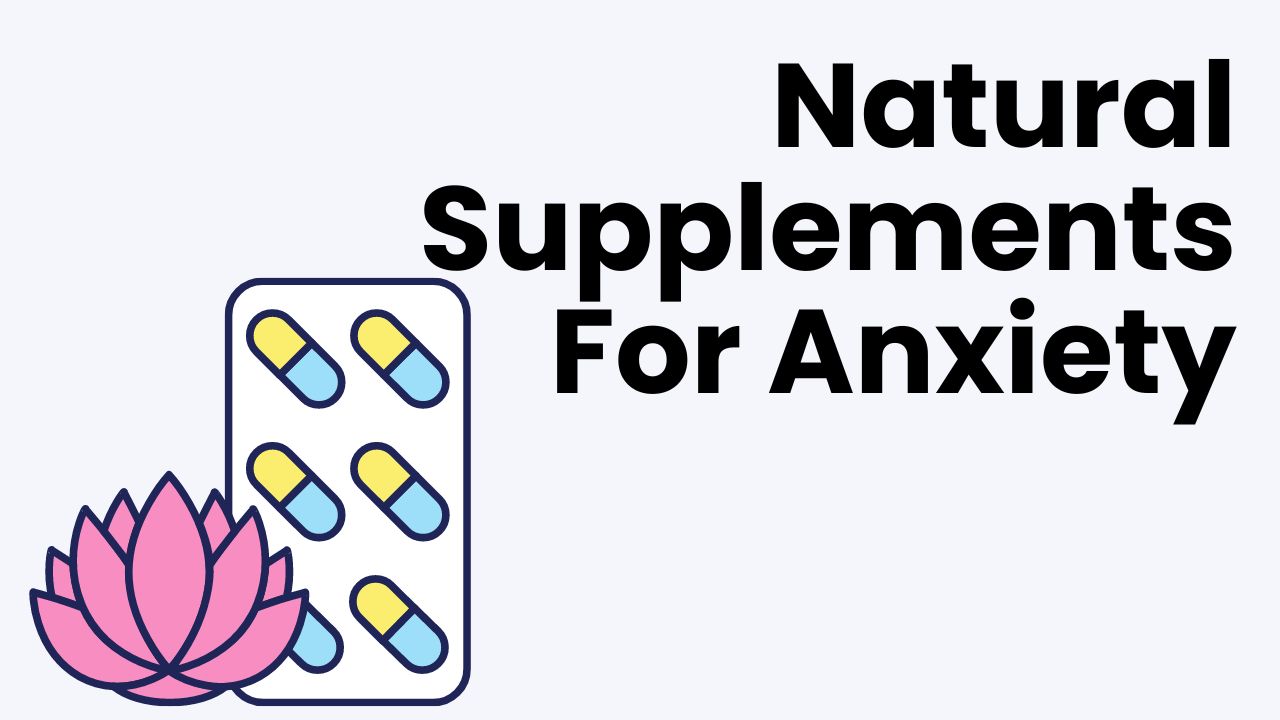
Natural Supplements For Anxiety
nxiety is a common mental health issue that affects millions of people worldwide. It can be characterized...